UKGBC members gather to celebrate the importance of nature & biodiversity
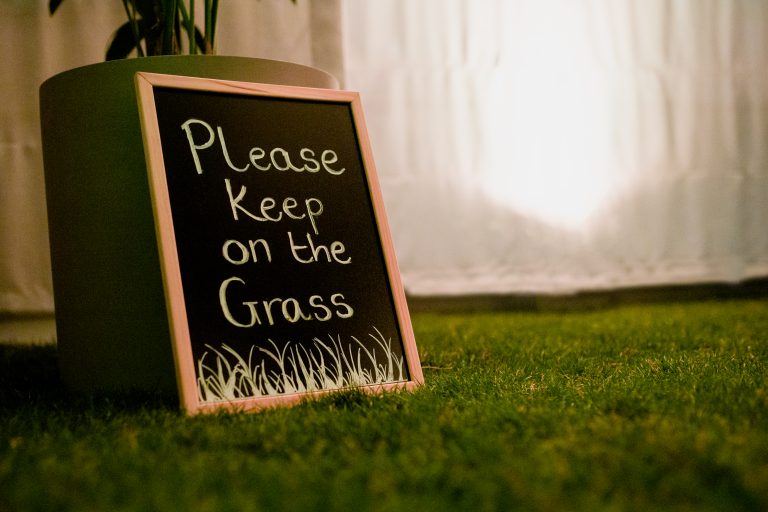
Last week UKGBC held a very special reception for friends and members called Our Changing Nature. The purpose of the event was to raise awareness of the built environment’s critical role in preserving and restoring our natural environment.
The theme – Our Changing Nature – drew on two inextricably connected realities. The first is that human activities have changed natural ecosystems profoundly and will continue to do so at an unrelenting place. A recent report by the WWF highlighted that the UK is one of the most nature-depleted countries in the world – ranked 189th out of 218 countries. The second reality is a growing awareness of the deep impact that our natural environment has on human nature. Nature is fundamental to our physical, mental, spiritual and cultural health, and to the resilience of our built environment.
By 2050, 80% of the global population will live in cities. It is incumbent on us to imagine a whole new approach to urban design – one that puts the health and wellbeing of urban citizens at its heart. Beyond the societal imperative for acting, there is a well-evidenced business case for helping nature to thrive in urban environments. We know that enlarged natural space can increase property and land values by as much as 25%. Moreover, developments with biodiversity strategies have a greater chance of planning approval from local authorities, enjoy greater inward investment and faster property sales, and even reduce building energy costs.
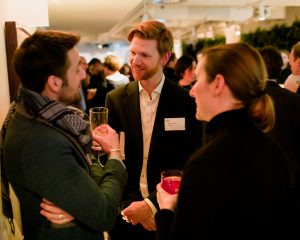
In this context, Our Changing Nature attracted over 150 built environment professionals to discuss both the scale of the challenge, but also how the industry can take bold steps and accelerate action to deliver greener, healthier places. This event would not have been possible without the generosity of our sponsors: Heathrow, Atelier Ten, Arup, Outerspace and Peel Land and Property.
Tonight we launch the findings of our deep dive research into our members #biodiversity commitments and an actor and resource map to share best practice across the #BuiltEnvironment. This and the continued work we have planned would not be possible without tonight’s sponsors pic.twitter.com/uu9GDGbhgZ
— UK Green Building Council (@UKGBC) 31 January 2019
At the event, The Wildlife Trusts’ CEO, Stephanie Hilborne OBE, provided an overview of the state of biodiversity in the UK and discussed current UK policy context.
The role of business was crucial in delivering the 2008 Climate Change Act, and must once again lead the way in protecting our natural environment, through an ambitious Environment Bill.
The UK is 189 out of 218 countries for nature depletion. We were instrumental in tackling #ClimateChange change with the #ClimateChangeAct, we must do the same with #Biodiversity. Business must once again lead the way @stephhilborne CEO @WildlifeTrusts #OurChangingNature pic.twitter.com/FkN4sXa6Te
— UK Green Building Council (@UKGBC) 31 January 2019
For the evening’s keynote, I was delighted to introduce, renowned urban ecologist Professor Menno Schilthuizen, author of ‘Darwin Comes to Town’ who in a striking presentation explained how urban environments create conditions that accelerate the pace of evolution and described how urban designers are uniquely placed to help nature thrive in our cities.
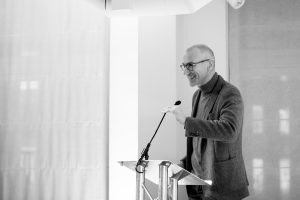
After the speeches, we unveiled a specially-designed experiential room, carpeted with grass, accompanied by the sound and smells of nature, with honey from the Wild West End projects for our guests to taste. This experience made the rejuvenating power of nature palpable to our guests, and we captured their immediate thoughts on how nature makes them feel.
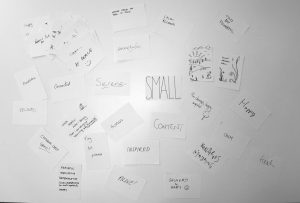
The proceeds from Our Changing Nature, and in particular the generosity of our sponsors, will kickstart UKGBC’s next round of work on nature and biodiversity. The event saw the launch of Insights into Nature and Biodiversity: Industry trends, commitments and best practice examples. We also launched our interactive actor and resource map to share examples of best practice and communicate the net biodiversity gain initiatives that we have identified. In addition, for those keen to find out more about this growing topic in our industry, later this month, we’re holding a course on biodiversity net gain, which I urge you to attend.
“For each successful urban species there are dozens of other species that could not adapt to city life and disappeared. Besides being evolutionary powerhouses, cities are also places where great loss of biodiversity takes place…we must preserve, appreciate and explore what remains of pristine, unspoilt wilderness.”
Professor Menno Schilthuizen, Darwin Comes to Town
My thanks go out to our guests at Our Changing Nature for showing their support, and to my team for putting on such an inspiring experience for our members. In reading this, I hope you will all feel motivated to take action by putting nature at the heart of your daily urban choices.
Related
Storms, climate change and how we make our cities resilient
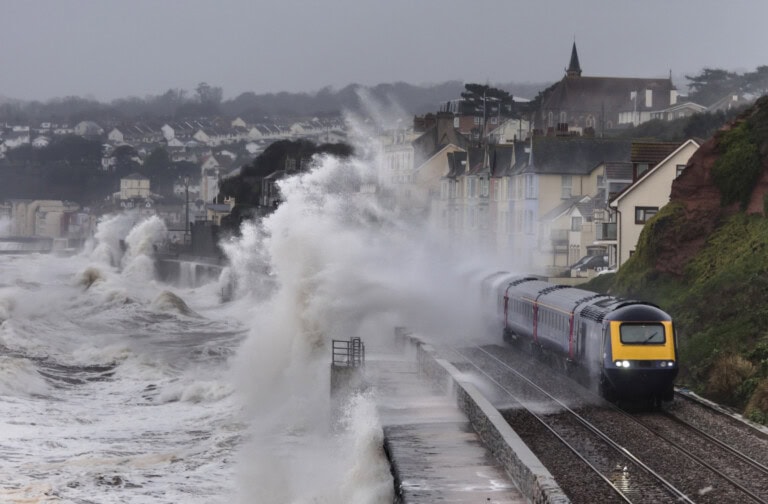
Sustainable Construction for the Sustainable Development Goals
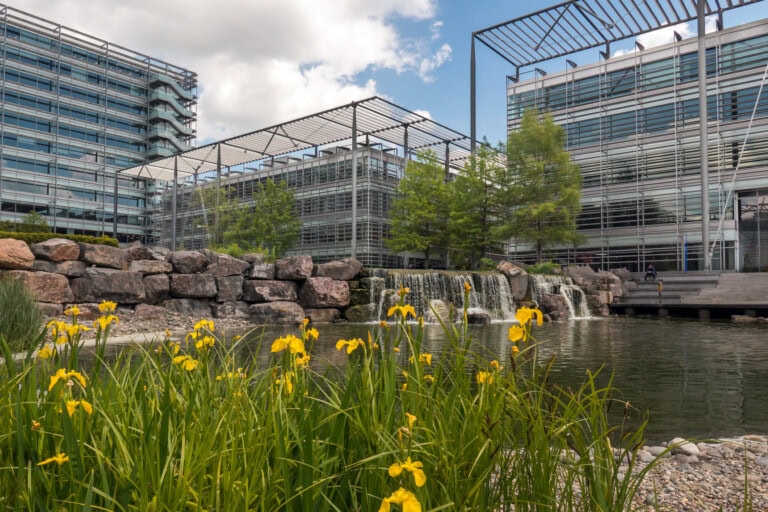
Fixing the Competency Gap: Moving Beyond Qualifications in Domestic Retrofit
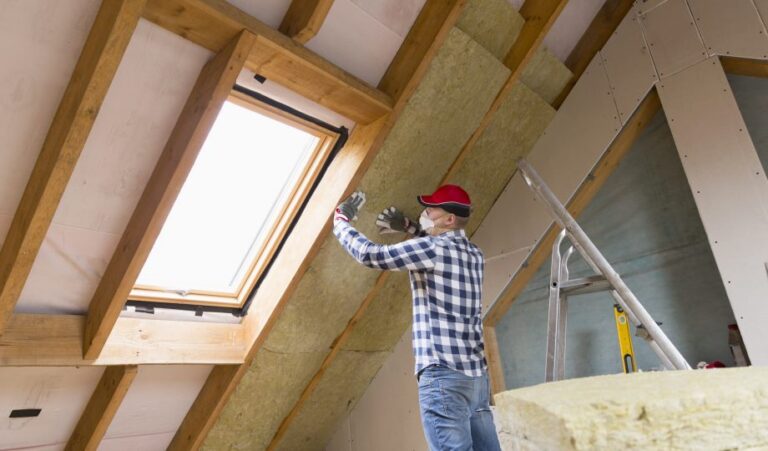
UKGBC Members visit Coal House in Cardiff

